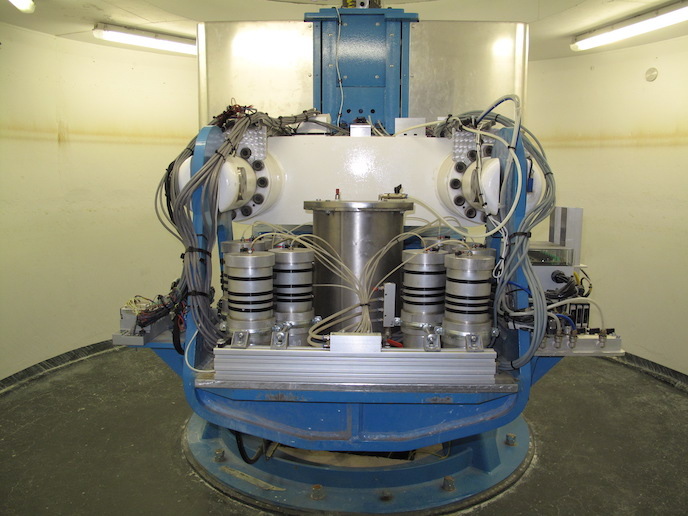How microbes can cause acidic environments
The IPB is located in south-western Spain and is one of the largest sulphide deposits in the world. It contains high concentrations of arsenic, iron, zinc, manganese, chromium and nickel, and features constant low pH levels in ground and surface waters. Traditionally, these conditions have been attributed to mining, which has been conducted in the area for over 5 000 years. However, recent evidence indicates that microbes play a significant role in creating and maintaining the acidic environment. The 'Microbial activities of the sulfur cycle in the subsurface of the Iberian Pyritic Belt' (MICROIPB) project investigated how microbes affect the IPB. Samples were taken from three distinct IPB environments: the subsurface down to a depth of 600 metres, 3 acidic lakes and the acidic Tintos River. Biological, geological and chemical analyses were carried out on the samples to discover the main biogeochemical transformations taking place in the different environments. Results indicated that the main biogeochemical processes that occur include oxidation of sulphur-containing minerals. Other processes include iron reduction and oxidation, and sulphate reduction. Researchers also identified the different groups of microbes responsible for carrying out the transformations, which influence the water quality of the various IPB environments. Therefore, MICROIPB contributed to scientists' understanding of the effect of microbial processes in acidic environments and the implications for energy, climate and human health.







